The context of molecular and cellular function in normal and diseased states is altered due to changes in the tissue microenvironment. Cellular function studied independently of the primary microenvironment may incompletely report molecular events critical to disease progression. Mentors within this team examine complex microenvironment as a component of the disease process. Their specific foci include host-microbe interaction in the context of tissue-specific inflammation; novel imaging technologies to probe disease progression in intact organisms; and stromal and epithelial cell interactions, crosstalk mechanisms, reconstitution of physiologically optimal microenvironment composition and organization, and accurate cellular retention of primary phenotypic responses in vitro. This team has internal synergy and adds novel mechanistic strength to the other teams.
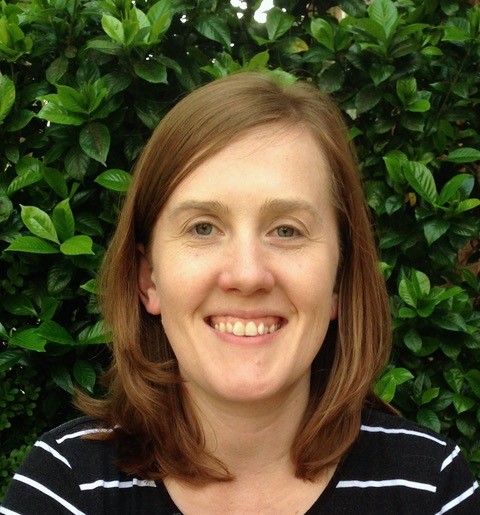
Jennifer Auchtung
Assistant Professor of Food Science and Technology
University of Nebraska-Lincoln
1901 N. 21st Street
263 Food Innovation Center
Lincoln NE 68588-6205
Work 402-472-0134
Research interests
Research in the Auchtung lab investigates how the GI microbiome limits infection with antibiotic-resistant pathogens, how resistance is disrupted following treatment with antibiotics, and how disruption can be mitigated or repaired with microbiometargeting therapies. Student projects use complementary models of the human GI microbiome (in vitro fecal bioreactors, humanized microbiota mice, microbe-enteroid co-culture) and multi-omic approaches to study microbe-microbe and host-microbe interactions
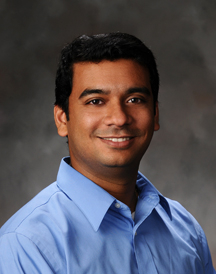
Srivatsan Kidambi
Associate Professor of Chemical and Biomolecular Engineering
Research focus: Tissue engineering, stem cells, and liver reconstruction.
University of Nebraska-Lincoln
Chemical & Biomolecular Engineering
207 OTHM
Lincoln NE 68588-0643
402-472-2750
Research interests
Key challenges in regenerative medicine, effective cancer treatment, and systemic drug delivery still remain to be answered by reconstitution of tissue microenvironments in vitro that sustain phenotypic function of primary cells. Student projects in the Kidambi laboratory capitalize on multidisciplinary collaboration with biochemists and cell biologists to generate and systematically characterize specific three-dimensional coculture constructs. Students generate constructs to test different polymer materials, randomly or specifically patterned surfaces, and individual or combined stromal-epithelial cell cultures to optimize conditions for testing basic signaling mechanisms and/or effective drug delivery.
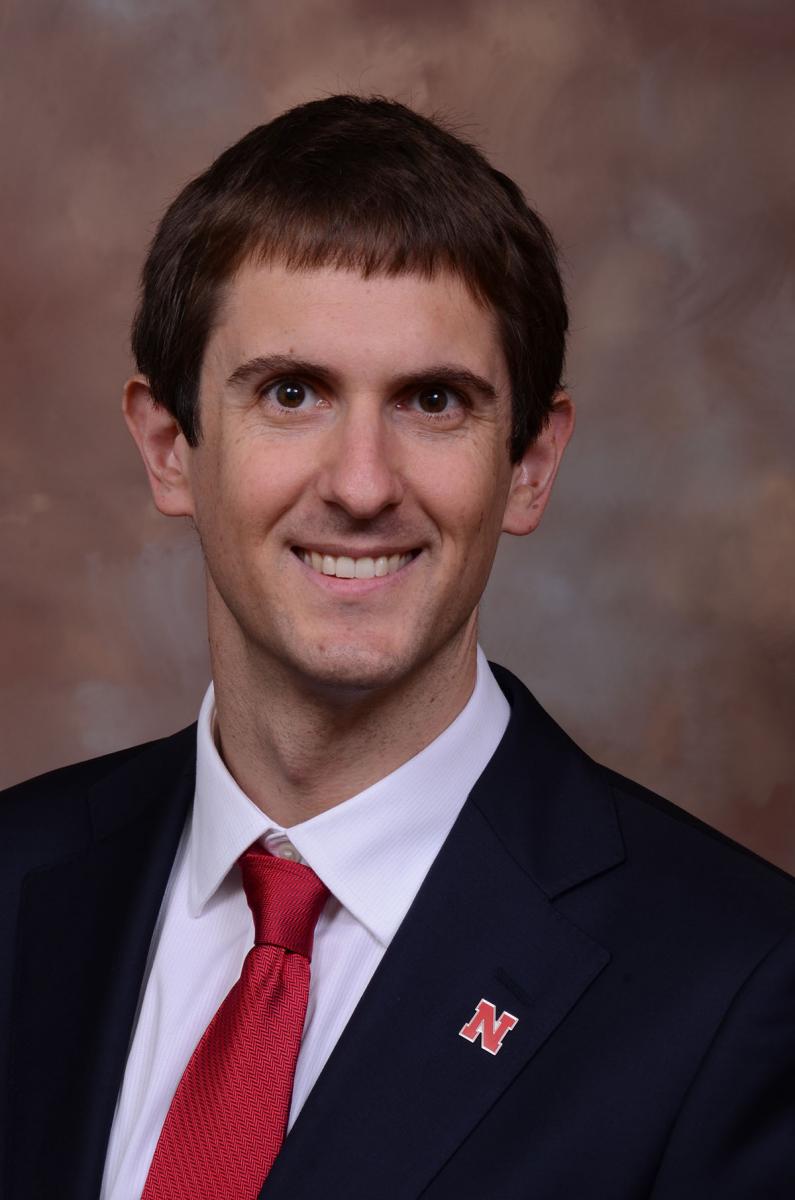
Forrest Kievit
Assistant Professor of Biological Systems Engineering
University of Nebraska-Lincoln
Department of Biological Systems Engineering
228 L.W. Chase Hall
Lincoln NE 68583-0726
402-472-2175
Research interests
Effective treatments of neurological disorders such as brain cancer and traumatic brain injury (TBI) are partially hampered because of limited delivery of therapeutics into the brain. Nanoparticles offer a means of improving brain delivery because of their multifunctionality, high surface area, and relatively long circulation times. The Kievit lab has developed various nanoparticles and tested their use in delivery to and treatment of brain cancer and TBI. Our findings illustrate that nanoparticle treatment strategies for these neurological disorders may provide a more effective path for improving long-term patient outcome.
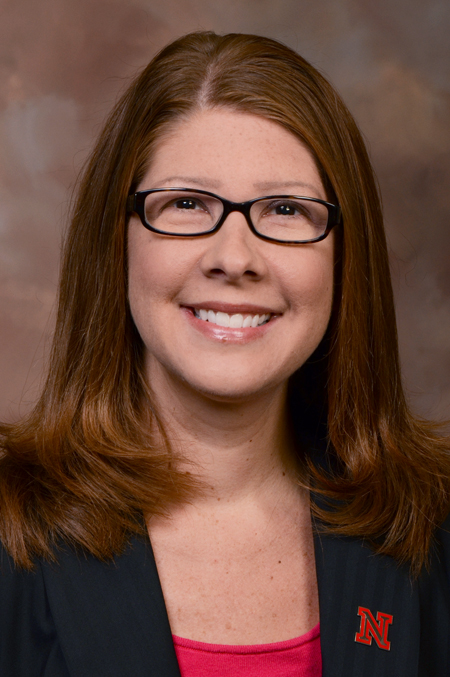
Angela Pannier
Professor of Biological Systems Engineering
Research focus: Non-viral gene delivery, synthetic extracellular matrices, and protein-cell adhesion.
University of Nebraska-Lincoln
Biological Systems Engineering
231 L.W. Chase Hall
Lincoln NE 68583-0726
402-472-0896
Research interests
The tissue microenvironment plays a critical role in the accessibility of embedded cells to treatment by small molecule, nanoparticle, and other non-viral forms of gene therapy. One example of graduate student projects in the Pannier laboratory focuses on understanding how tissue matrix composition and physical properties impact DNA uptake from liposome or nanoparticle delivery modes. Student projects are also designed with the goal of optimizing the format of DNA-containing nanoparticles for effective delivery in tissue constructs and in vivo.
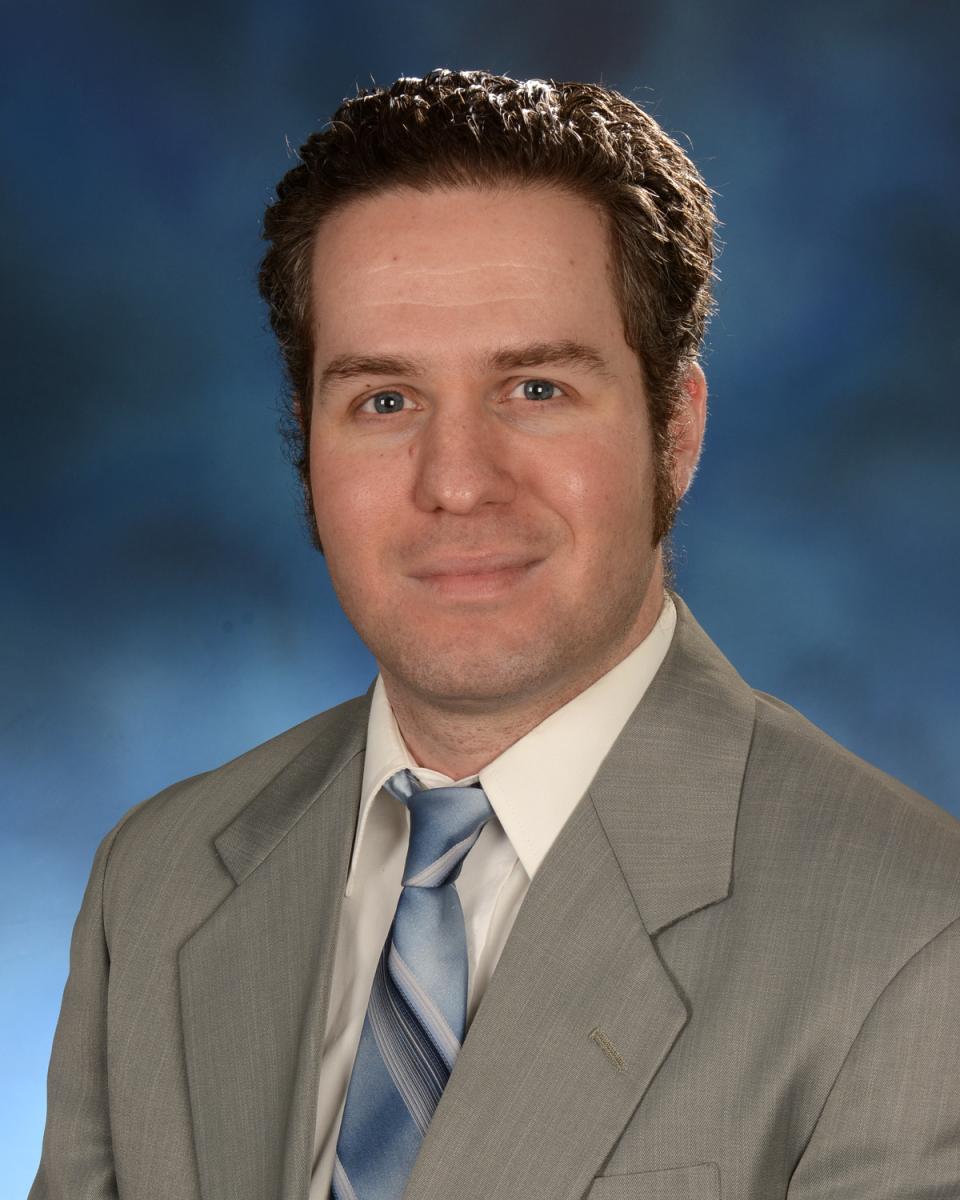
Kurt Piepenbrink
Assistant Professor of Food Science and Technology
University of Nebraska-Lincoln
1901 N. 21st Street
262 Food Innovation Center
Lincoln NE 68588-6205
402-472-6753
Research interests
Bacteria, including human commensals and pathogens, use extracellular appendages to interact with their environment including host cells, other bacteria, abiotic surfaces and extracellular structures. Dr. Piepenbrink’s laboratory focuses on type IV filaments, a class of extracellular appendages common to a wide range of bacteria, which his group studies through a combination of integrated structural biology, biochemical characterization of their protein subunits and manipulation of bacterial genetics. Student projects use x-ray crystallography, electron microscopy and computational modelling to understand how pilin subunits are assembled into pilus fibers as well as biochemical characterization of specific binding by pilin proteins.
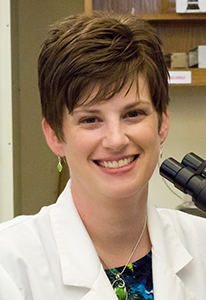
Amanda Ramer-Tait
Associate Professor of Food Science and Technology
Research focus: Host-microbial interaction in chronic gut inflammatory disease.
University of Nebraska-Lincoln
Biological Systems Engineering
355 FOOD
Lincoln NE 68583-0919
402-472-7293
Research interests
Mucosal immune function is tightly linked to microbial diversity in the gut. Understanding the dynamic interactions between cells of the host immune system and microbial strain persistence is important for combatting chronic inflammation and conditions such as Crohn's disease. Student projects in the Ramer-Tait laboratory use cell culture models and germ-free mice to investigate the mechanisms that regulate host inflammatory response to microbial colonization.
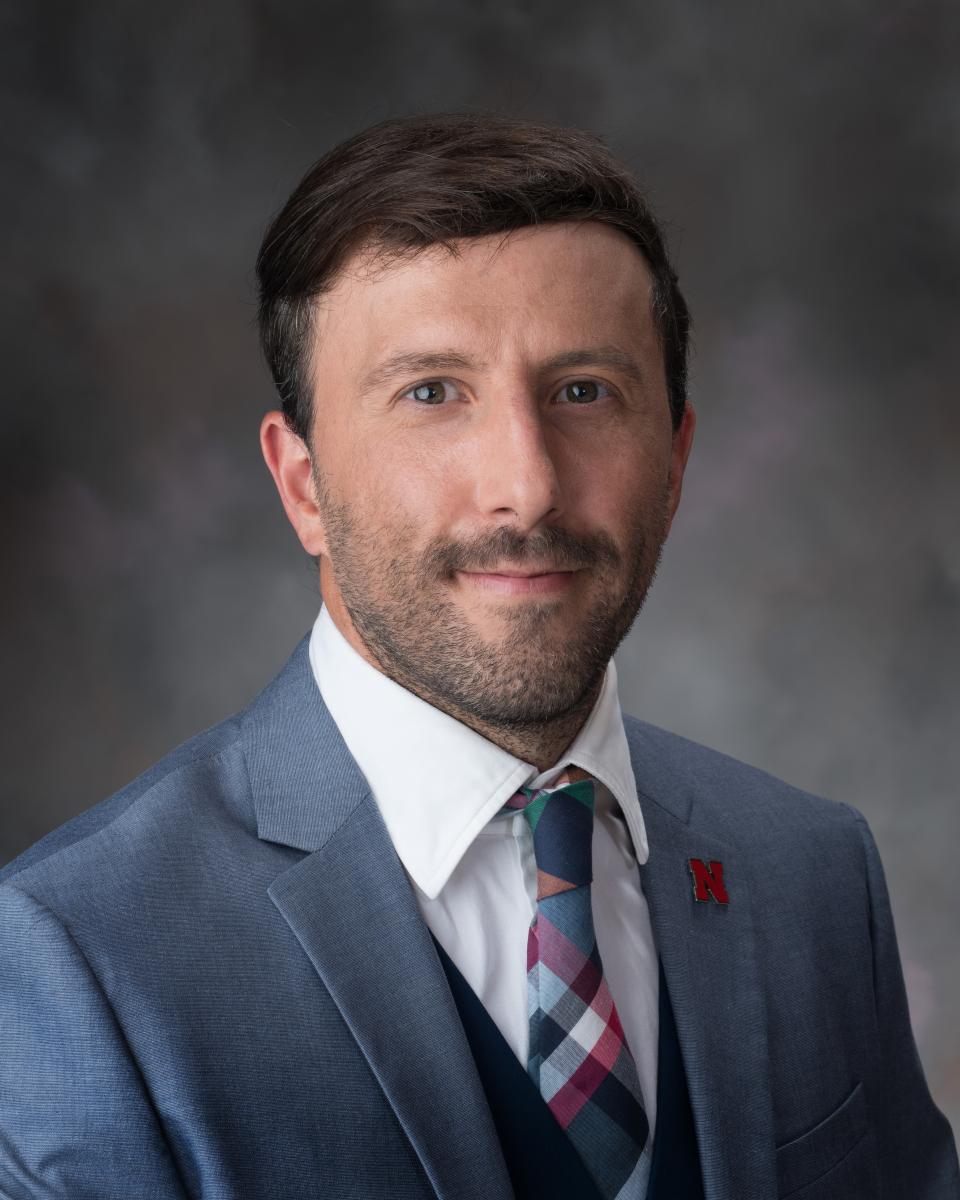
Alex Vecchio
Assistant Professor of Biochemistry
University of Nebraska-Lincoln
Biochemistry Department
1901 Vine Street
Beadle Center N114
Lincoln NE 68588-0664
402-472-2933
Research interests
Tight junctions (TJs) are macromolecular polymers that govern cell adhesion and transport of solutes through endo- and epithelial sheets. TJ protein composition is finely tuned to control movements of molecules, imparting unique functions to individual tissue clusters or layers. Disruptions to TJs are hallmark of diseases including Alzheimer’s, Parkinson’s, MS, hepatitis, IBS, stroke, renal wasting, nutrient malabsorption, food poisoning, vision impairment, deafness, and cancer. Dr. Vecchio’s Lab focuses on elucidating the molecular bases for destruction and reconstruction of TJs, occurring both naturally and via disease-causing mechanisms, and crafting biomolecular tools targeted against TJs. This research will clarify the roles TJs play in disease, determine the molecular origins underling endo- and epithelial tissue specialization, and develop therapeutics for amelioration of TJ-related diseases.